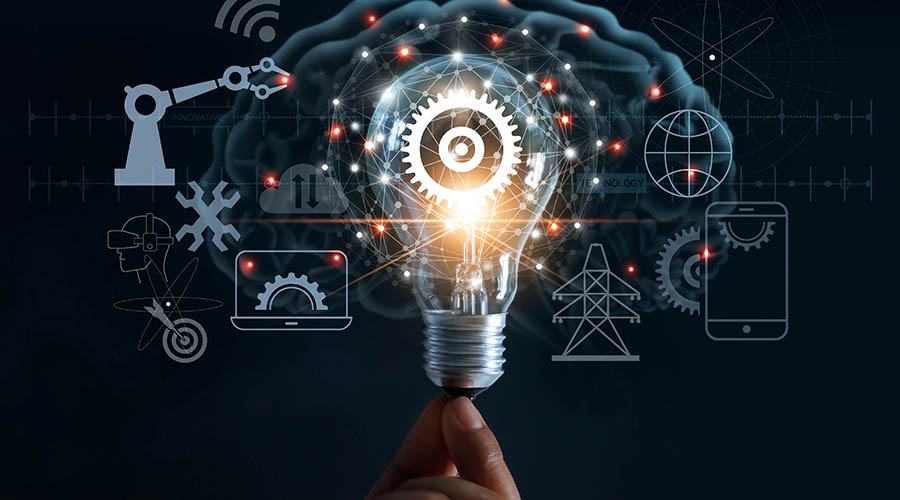Using AI to modernise HR and increase productivity

A paper from KTN’s Knowledge Transfer Manager for Artificial Intelligence
‘It’s not that there isn’t a need for AI in Human Resources; the problem is we don’t yet fully understand its capabilities, or how to leverage it as a tool.‘ (HRPA, 2017).
Human Resources (HR) departments face increasingly complex workforce challenges. These are driven by expectations of a compelling employee experience, virtualisation of the workplace, a growing demand for novel skillsets, and a continuing stream of new technology and data.
This article from Dr Caroline Chibelushi, Knowledge Transfer Manager, Artificial Intelligence from KTN’s Complex Systems Team, aims to raise awareness of the available opportunities in HR to the Artificial Intelligence (AI) community. There is a need to build existing HR investment technology and processes, including core HR platforms and cognitive solutions. By doing so, HR will have the opportunity to improve overall employee experience, reduce costs, increase accuracy and boost the quality of their services. The expectation is that, if HR is able to achieve these goals, the department will have a positive impact on business productivity.
Due to continuous business changes and economic uncertainties, coupled with advancement in technology, HR managers require sophisticated tools to support their professional work. This ranges from early shortlisting of talents and applicants’ screening to induction procedures and performance assessment. In addition to removing the unneeded burden from HR personnel, AI can help with streamlining all of these tasks and gaining unprecedented insights into the real productivity potential of each candidate and employee. All of this is done without the limitations of human bias and capacity for error, making AI an HR management tool of the future, with rapid benefits.
The adoption of AI will require some changes in most business processes. HR departments will be faced with a challenge of ensuring that the HR AI tools can integrate with existing systems in order to provide meaningful insight. Also, another challenge is to identify ways to redefine processes to maximise the use of HR AI and at the same time maintain the ‘human’ side of human relations.
Applying AI in HR will require high levels of transparency. Both HR personnel and employees need to have a clear understanding of how decisions are being made to mitigate unknowingly injecting bias into their programs. In addition, every company’s management and people decisions are often culture based, so HR departments have to take time to try these systems in the real world and tune them for best use. The most complex challenge is to prevent the developers from transferring their personal biases to these tools.
In a business context, HR is a great department for employing AI: that is, using AI to deal with the ‘human’ component of businesses. AI will allow HR to effectively understand the ‘human’ component of their businesses at both a collective and personalise level. It will allow HR to accurately measure its impact on an employee’s experience, well-being and productivity. At the same time the promise must be tempered by pragmatism and there is a need for further research and investigation.
KTN’s AI expert has examined the subject in some detail and her report can be accessed here.

